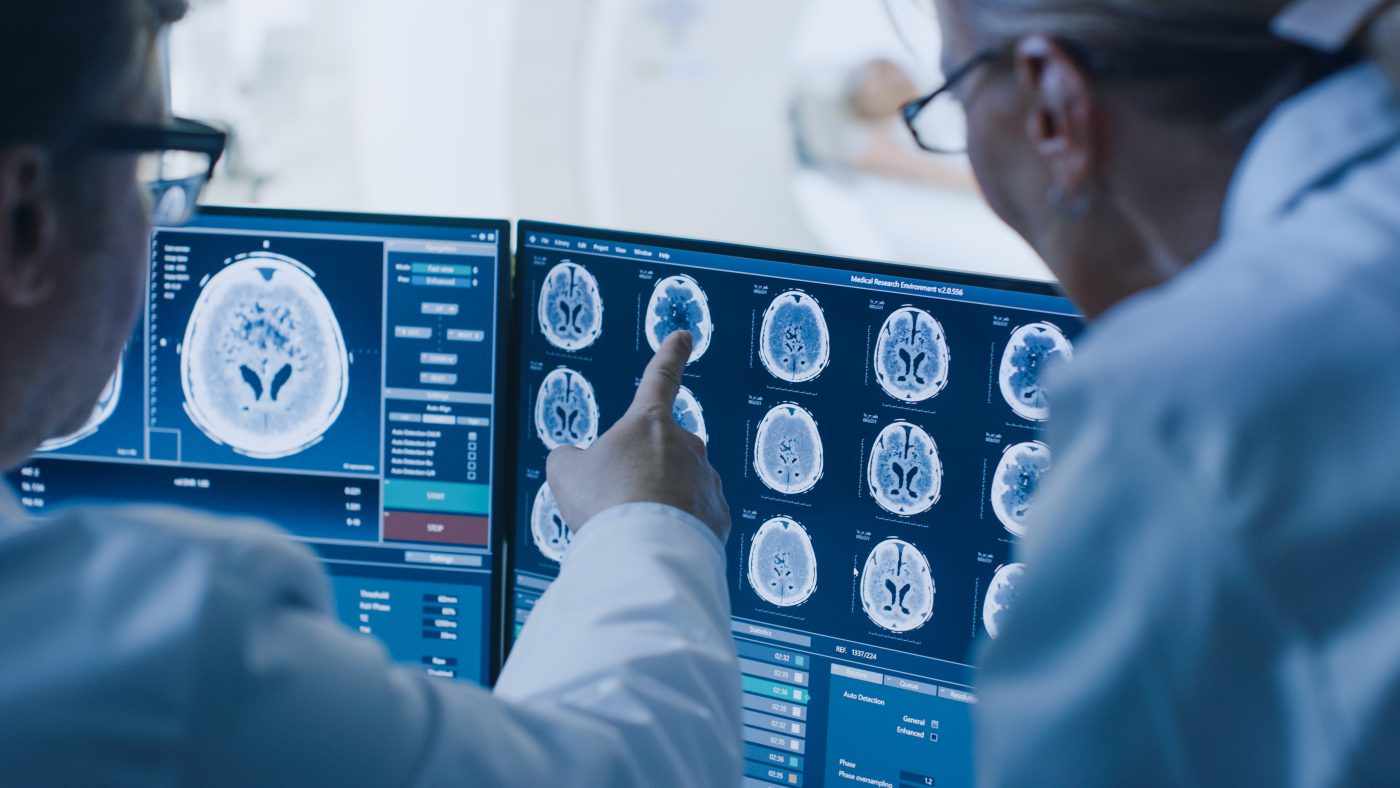In the realm of modern medicine, the advent of advanced imaging techniques has revolutionized the way doctors diagnose and understand various medical conditions. Among these techniques, Magnetic Resonance Imaging (MRI) stands out as a powerful tool for examining the intricate details of the human brain. In this blog post, we will delve into the fascinating world of brain MRI scans and explore how they provide valuable insights to healthcare professionals.
What is a Brain MRI? A brain MRI is a non-invasive imaging procedure that utilizes a strong magnetic field and radio waves to generate detailed images of the brain’s structure and function. It provides a comprehensive view of the brain’s tissues, blood vessels, and abnormalities, aiding in the diagnosis and treatment of a wide range of neurological conditions.
Identifying Structural Abnormalities: Brain MRI scans offer a detailed visualization of the brain’s structure, allowing doctors to identify various abnormalities. These may include tumors, cysts, aneurysms, vascular malformations, or signs of stroke. By analyzing the size, location, and characteristics of these structures, physicians can make informed decisions about treatment options and develop personalized care plans.
Assessing Brain Function: In addition to revealing structural abnormalities, brain MRI scans can also provide valuable insights into brain function. Functional MRI (fMRI) is a specialized technique that measures blood flow in different regions of the brain, indicating areas of increased activity. This information is particularly useful in studying brain disorders such as epilepsy, Alzheimer’s disease, and schizophrenia. By correlating brain activity patterns with specific cognitive tasks, doctors can gain a deeper understanding of neurological conditions and tailor treatment approaches accordingly.
Evaluating Neurodegenerative Disorders: Neurodegenerative disorders, such as Parkinson’s disease and multiple sclerosis, pose complex diagnostic challenges. Brain MRI scans play a crucial role in the evaluation and monitoring of these conditions. They can help detect characteristic changes in brain structures, such as the presence of lesions or atrophy, which aid in confirming diagnoses, tracking disease progression, and assessing treatment effectiveness.
Diagnosing and Monitoring Brain Trauma: MRI scans are invaluable in the diagnosis and management of traumatic brain injuries (TBI). They can reveal the extent of damage, identify hemorrhages, detect edema, and assess the overall impact on brain function. Moreover, MRI scans are often used to monitor patients during their recovery, enabling healthcare providers to tailor rehabilitation strategies and track progress over time.
Brain MRI scans have transformed the field of neuroimaging, allowing doctors to peer into the inner workings of one of the most complex organs in the human body. By providing detailed information about both structure and function, these scans empower healthcare professionals to make accurate diagnoses, develop targeted treatment plans, and monitor the progression of neurological conditions. As technology continues to advance, the potential of brain MRI scans will only grow, offering new insights and improving patient care in the fascinating world of neuroscience.

